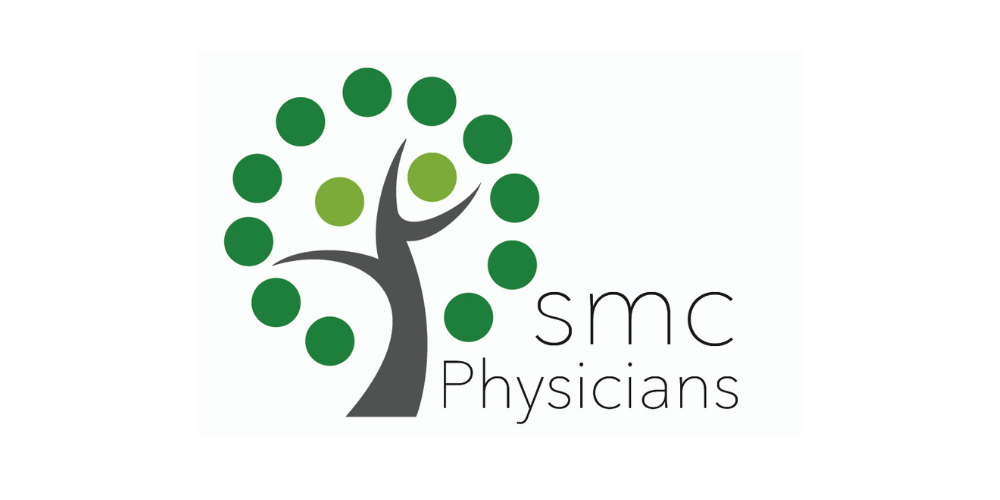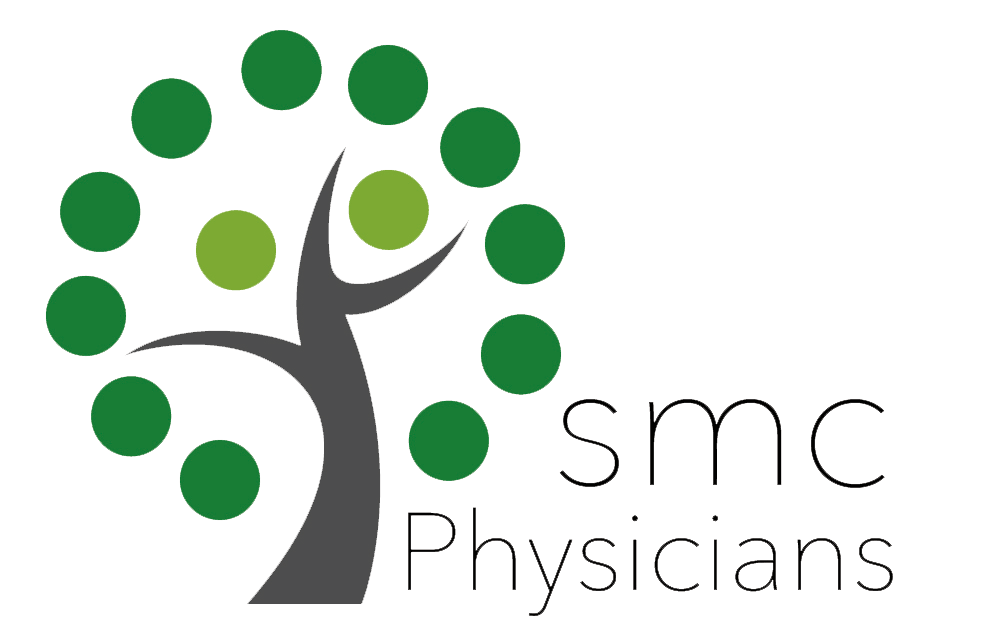Rheumatology
Polymyalgia Rheumatica
Polymyalgia rheumatica (PMR) is a relatively common inflammatory disorder that primarily affects older adults, typically those over the age of 50, although it can occur at any age. It is characterized by muscle pain and stiffness, mainly in the neck, shoulders, upper arms, and hips. The cause of PMR is not known, but it is thought to involve an autoimmune response triggered by genetic and environmental factors.
Common Symptoms of PMR
- Widespread Muscle Pain: Patients with PMR often experience pain and stiffness in the muscles of the shoulders, hips, neck, and upper arms. This pain is typically worse in the morning or after periods of inactivity.
- Morning Stiffness: Patients with PMR often wake up with significant stiffness, making it a challenge to perform daily activities.
- Fatigue and Malaise: Many people with PMR report feelings of fatigue, general malaise, and a reduced overall sense of well-being.
How We Diagnose Polymyalgia Rheumatica
There’s no specific test to diagnose polymyalgia rheumatic, so diagnosing PMR involves a combination of medical history, physical examination, and laboratory tests. Here are the common steps in the diagnostic process:
- Medical History: The doctor will ask about your symptoms, their duration, and any associated factors. Be sure to mention any family history of autoimmune disorders.
- Physical Examination: The doctor will examine your joints and muscles for signs of inflammation, tenderness, and restricted movement.
- Blood Tests: Certain blood tests can help support the diagnosis of PMR. The erythrocyte sedimentation rate (ESR) and C-reactive protein (CRP) levels are typically elevated in individuals with PMR.
- Imaging Tests: In some cases, X-rays, ultrasounds, or MRIs may be conducted to rule out other conditions or identify inflammation in the affected areas.
Treatment Options for Polymyalgia Rheumatica
Treatment usually involves medications to help ease your signs and symptoms.
- Medications: Nonsteroidal anti-inflammatory drugs (NSAIDs), such as ibuprofen, can help alleviate pain and reduce inflammation. Corticosteroids, such as prednisolone, are commonly prescribed to manage PMR. The dosage is usually high at first, gradually tapering off over time. Steroid treatment is usually very effective at treating PMR, but it reduces the amount of calcium in the body and can increase your risk of getting osteoporosis.
- Physical Therapy: A physical therapist can design exercises and stretches to help improve muscle strength, flexibility, and mobility. These exercises can also help manage pain and reduce stiffness. Cycling and swimming can help loosen stiff muscles and joints, Yoga and tai chi can give you flexibility to improve your joint and muscle symptoms. Be sure to perform stretches slowly.
- Lifestyle Modifications: Incorporating healthy lifestyle habits, such as regular exercise, a balanced diet, and stress management techniques, can contribute to overall well-being and symptom management. Getting adequate rest is also necessary to recover from the stress of exercise and daily chores.
Choose SMC Physicians
Most individuals with Polymyalgia rheumatica will experience significant improvement in their symptoms with appropriate treatment and ongoing management. It’s important to work closely with healthcare professionals to adjust medication dosages and monitor side effects.
If you suspect you may have Polymyalgia rheumatica (PMR), consulting with a healthcare professional is crucial for an accurate diagnosis and personalized treatment plan. With proper care and ongoing management, most individuals can experience significant improvement in their symptoms and lead a fulfilling life. Schedule an appointment with our Rheumatology team at SMC Physicians today to discuss your symptoms and explore the best treatment options for you.
Conditions We Treat
We provide ultrasound-guided arthrocentesis (joint injections) of both steroids and gel injections such as Orthovisc and Synvisc.
We offer a state-of-the art private infusion center at each location, offering the following medications and more:
Our Rheumatology Locations:
Galloway
235 East Jimmie Leeds Road Galloway, NJ 08205
Hours:
Tuesday: 8:30am-4pm
Wednesday: 8:30am-4pm
Thursday: 8:30am-4pm
Cape May Court House
108 N. Main Street, Suite # 1, Cape May Court House, NJ 08210
Hours:
Monday: 8:30am-4pm
Tuesday: 8:30am-4pm
Wednesday: 8:30am-4pm
Thursday: 8:30am-4pm
Cherry Hill
51 Haddonfield Rd, Suite 160, Cherry Hill, NJ 08002
Hours:
Monday: 8:30am-4pm
Thursday: 8:30am-4pm
Friday: 8:30am-4pm
Toms River
442 Commons Way, Unit D, Toms River, NJ 08755
Hours:
Monday: 8:30am-4pm
Tuesday: 8:30am-4pm
Wednesday: 8:30am-4pm
Thursday: 8:30am-4pm
Friday: 8:30am-4pm




